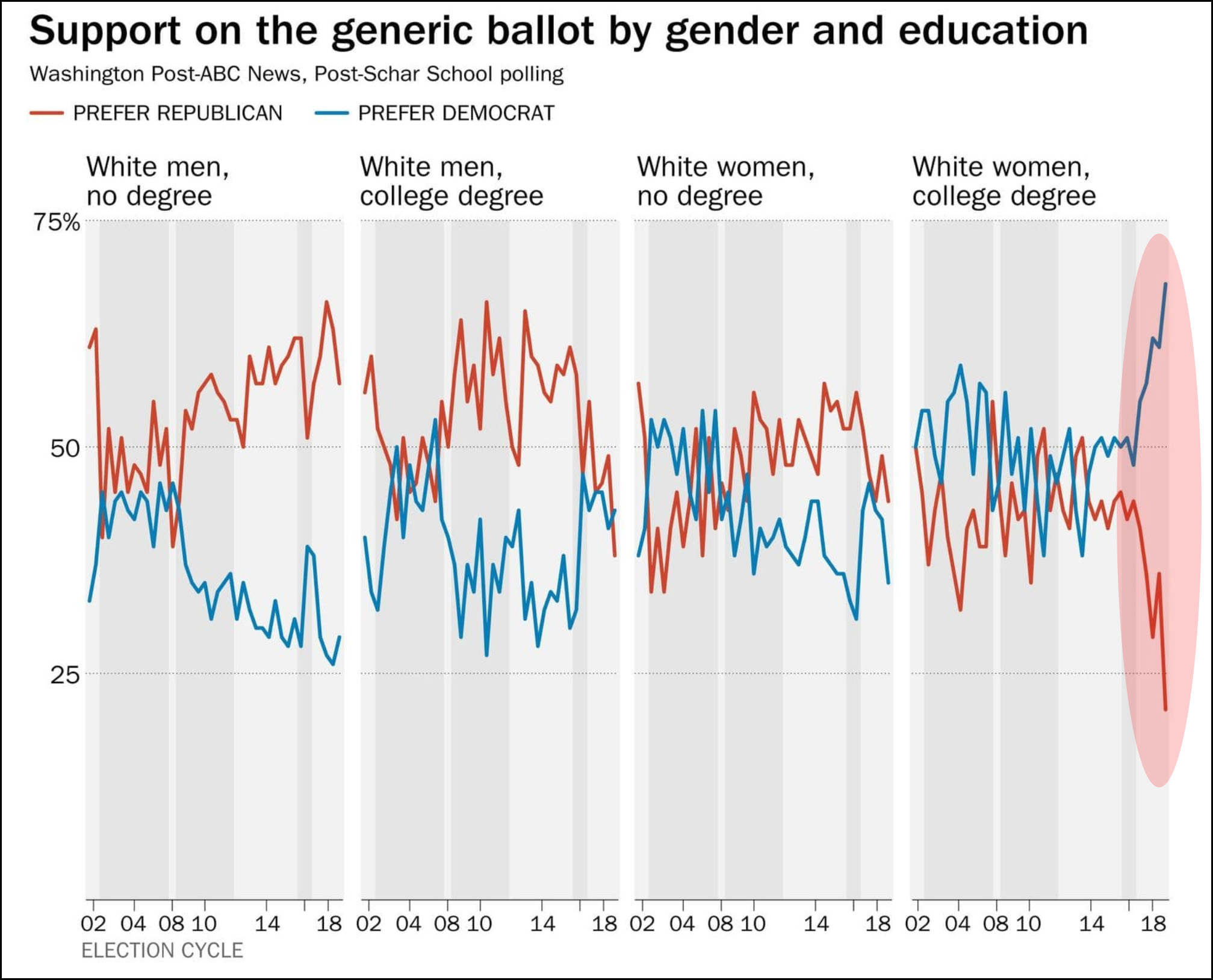Well there's bad news, and it isn't getting much attention: the incidence of STIs has exploded in recent years. We've lost all the ground we had gained and then some:
Nearly 2.3 million cases of chlamydia, gonorrhea, and syphilis were diagnosed in the United States in 2017, according to preliminary data released today by the Centers for Disease Control and Prevention (CDC) at the National STD Prevention Conference in Washington, D.C. This surpassed the previous record set in 2016 by more than 200,000 cases and marked the fourth consecutive year of sharp increases in these sexually transmitted diseases (STDs).So why is this happening? Some reasons are fairly apparent, others more speculative. There has been an increase in risk behavior by gay men, probably because HIV is now less scary since there is effective treatment, and also because of Pre-Exposure Prophylaxis (PrEP), that is antiretrovirals given to HIV negative people to prevent infection. Many of my colleagues are big advocates for PrEP but it does appear it makes some users more willing to have condomless sex which puts them at risk for other STIs. Since some men who have sex with men also have sex with women, that means these infections are going to become more common in both sexes.
The CDC analysis of STD cases reported for 2013 and preliminary data for 2017 shows steep, sustained increases:
- Gonorrhea diagnoses increased 67 percent overall (from 333,004 to 555,608 cases according to preliminary 2017 data) and nearly doubled among men (from 169,130 to 322,169). Increases in diagnoses among women — and the speed with which they are increasing — are also concerning, with cases going up for the third year in a row (from 197,499 to 232,587).
- Primary and secondary syphilis diagnoses increased 76 percent (from 17,375 to 30,644 cases). Gay, bisexual and other men who have sex with men (MSM) made up almost 70 percent of primary and secondary syphilis cases where the gender of the sex partner is known in 2017. Primary and secondary syphilis are the most infectious stages of the disease.
- Chlamydia remained the most common condition reported to CDC. More than 1.7 million cases were diagnosed in 2017, with 45 percent among 15- to 24-year-old females.
Many suspect that hook-up apps are also encouraging more casual sex. This is my own speculation, but the opioid epidemic may also result in more women engaging in risky transactional sex. But as Julia Belluz at Vox notes, STD clinics have seen substantial budget cuts in recent years meaning reduced services. With fewer people diagnosed and treated, the infections continue to spread.
Yeah yeah, people shouldn't do all this nasty stuff. But just spouting moral disapprobation isn't going to accomplish anything. And the best opportunity to engage with people about safer sex is when you diagnose and treat them. That's your teachable moment. If we aren't willing to pay for it, we're going to continue to be less healthy.
